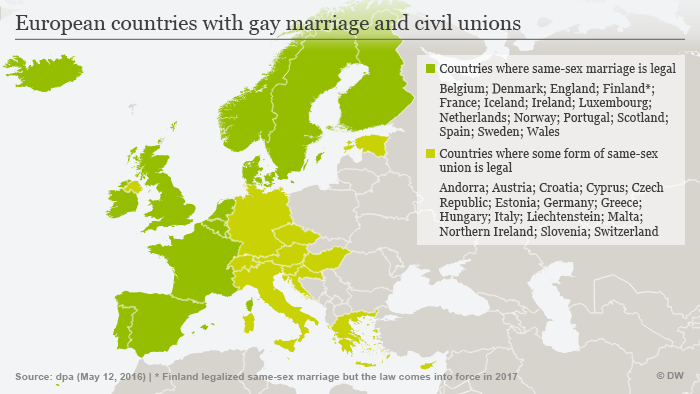The Guardian has the story:
Houston mayor pushes back against proposed 'robot brothel'
Sylvester Turner said the city is reviewing ordinances after Kinky S Dolls said it intends to open a ‘love dolls brothel’ there
"A Canadian company wants to open a so-called “robot brothel” in Houston, but is getting pushback from officials and community groups, with the mayor saying the city is reviewing its ordinances to determine if they address public safety and health concerns potentially associated with the business.
"Mayor Sylvester Turner says he’s not trying to be the “moral police” but that this is not the type of business he wants opening in the city.
"Kinky S Dolls says it’s opening a “love dolls brothel” in Houston. It opened a similar venue in Toronto in 2017.
...
"Elijah Rising, a Houston-based not-for-profit focused on ending sex trafficking, has started an online petition asking the business be kept out of the city. "
**********
The expressed concern about sex trafficking reminds of cases in which people have been prosecuted (in England and Canada) for importing sex dolls that resemble children, under laws against child pornography that are intended to fight trafficking in children.
I'm further reminded of the Mencken quote defining Puritanism as the haunting fear that someone, somewhere, may be having fun. (Apparently what he actually wrote is very slightly different from what I remembered.) Perhaps this applies in some cases to the definition of repugnance also.
Houston mayor pushes back against proposed 'robot brothel'
Sylvester Turner said the city is reviewing ordinances after Kinky S Dolls said it intends to open a ‘love dolls brothel’ there
"A Canadian company wants to open a so-called “robot brothel” in Houston, but is getting pushback from officials and community groups, with the mayor saying the city is reviewing its ordinances to determine if they address public safety and health concerns potentially associated with the business.
"Mayor Sylvester Turner says he’s not trying to be the “moral police” but that this is not the type of business he wants opening in the city.
"Kinky S Dolls says it’s opening a “love dolls brothel” in Houston. It opened a similar venue in Toronto in 2017.
...
"Elijah Rising, a Houston-based not-for-profit focused on ending sex trafficking, has started an online petition asking the business be kept out of the city. "
**********
The expressed concern about sex trafficking reminds of cases in which people have been prosecuted (in England and Canada) for importing sex dolls that resemble children, under laws against child pornography that are intended to fight trafficking in children.
I'm further reminded of the Mencken quote defining Puritanism as the haunting fear that someone, somewhere, may be having fun. (Apparently what he actually wrote is very slightly different from what I remembered.) Perhaps this applies in some cases to the definition of repugnance also.



